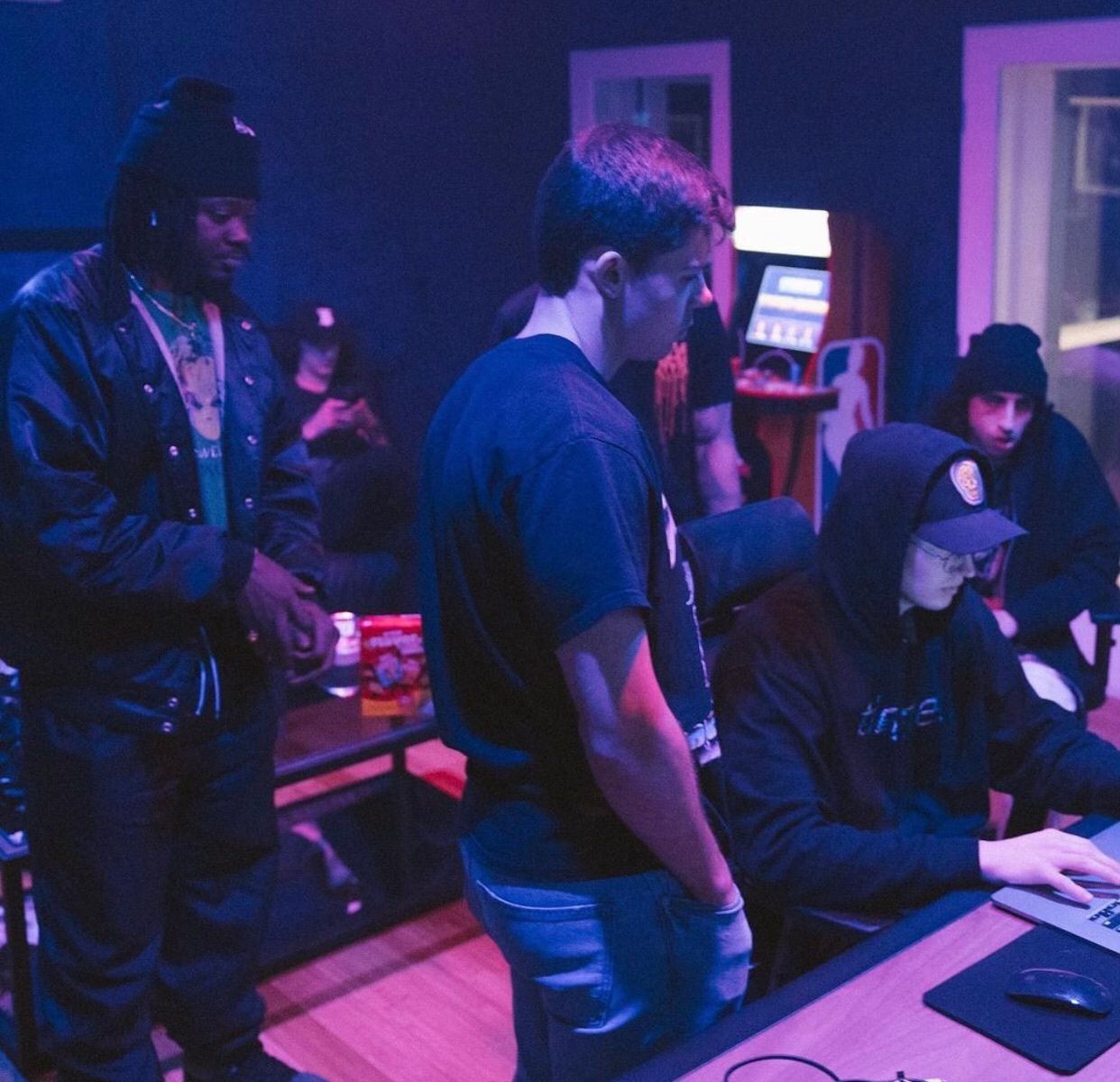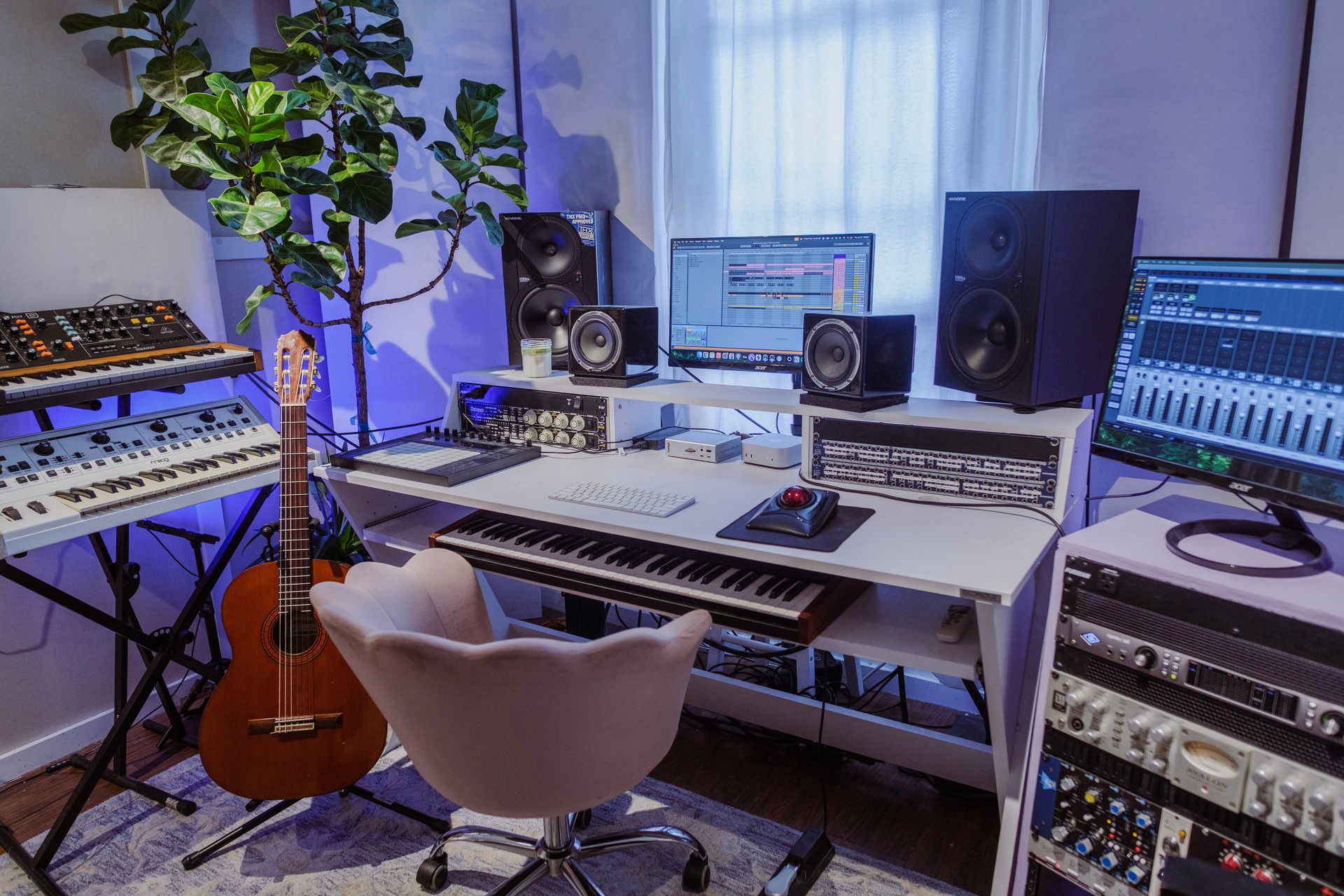If you're a recording artist thinking about signing a deal (or just trying to figure out how to move your career forward), you've probably asked or Googled some version of the same questions.
What kind of deal should I sign? Should I even sign one? What does a fair deal look like? Is a deal going to help me, or screw me over?
The truth is, especially in the music industry, contracts are rarely one-size-fits-all. What works for one artist might be terrible for another. Still, there are some common things you should know about any contract you sign. Especially when you're considering staying independent, signing to a label, or going through a distributor.
Let’s break it down.

Record Deal vs. Distribution Deal vs. 360 Deal
One of the first things artists want to know is: what’s really the difference between most types of deals?
A traditional record deal usually means a label fronts the cost of recording, marketing, and distribution. In exchange, they own some (or all) of the rights to your music, and you get a royalty percentage from what your music earns. The label takes a big cut, but in theory, they also offer a bigger push forward.
A distribution deal typically doesn't involve the label covering your costs. Instead, you retain ownership of your masters and just pay the distributor a percentage or flat fee to get your music on platforms like Spotify, Apple Music, and more. Some distribution deals now come with marketing or playlist support, but that varies.
A 360 deal means the label gets a cut not just from your music, but everything—merch, touring, brand deals, sync, etc. The pitch is that the label is investing in you as a brand, not just your songs. But that also means giving up a piece of every income stream you build.

Understanding which deal you're facing is the first step. You have to know what you're trading and what you're getting in return.
What to Watch for in a Contract
Contracts are rarely written in plain English. On purpose. Their language is dense, full of clauses that might seem harmless until you realize they give away your publishing, lock you in for way longer than expected, or prevent you from releasing music otherwise.
Notice the length of the deal (i.e. “album cycles”), proposed ownership of masters, recoupment terms, and the desired control over your future releases. A common trap labels use is "advancing" artists’ money. But artists can’t receive royalties until the label has made all that money back, which could take years or never happen at all.
If you don’t understand something about a contract, don’t guess. Get a lawyer.
Yes, You Need a Lawyer
If there’s one investment that will save you heartache down the road, it’s a qualified attorney. Not your cousin who passed the bar, not your friend who “knows contracts.” Hire a music attorney or entertainment lawyer. Get someone who lives and breathes music industry law; preferably someone who’s worked with both artists and labels.
A good lawyer doesn’t just read the deal, they interpret what it means for your career. They’ll tell you what’s negotiable, what’s a red flag, and what’s worth passing up. And if the label is offering to “get you a lawyer,” know that this is often someone paid by or friendly with the label. Conflict of interest is real.

How Much Creative Control Do You Keep?
This is tricky because “creative control” can mean different things depending on the deal. In many traditional label deals, the label has final say over things like release schedules, tracklists, producers… even album artwork. You might sign a contract and feel “legit” for a while, but you’ll run into obstacles. (Like waiting months to drop a single because it doesn’t fit the label’s calendar.)
In distribution deals or if you’re staying independent, you usually have full creative control, but you also carry all the risk and responsibility. There’s no one to tell you no, but also no one to tell you how to move smarter.
If creative autonomy is non-negotiable for you, approach deals with that mindset. Be honest with yourself about what you're ready to handle solo.
Independent vs. Label: Which One’s Better?
This is a million-dollar question without an answer. Staying independent gives you freedom, ownership, and flexibility. But it also requires resources, know-how, and a team you probably have to build from scratch.
A label can theoretically take you further, faster. They have relationships, budgets, and infrastructure to help grow your career. But they also have their own priorities, and you might not be one of them.
If you sign to a label, you risk losing leverage and control of your music career. If you’re hustling alone and making traction, being independent may work for you, especially if you’re savvy with data, social media, and building community.
To know if it’s better being an independent artist or signing to a label, ask yourself what you really need help with. Is a label the best way to get that help?

Will a Deal Help or Hurt?
Understand what you're signing, be clear about what you want, and don’t be afraid to say no. Sometimes a deal can be a smart step, even if it's not perfect, to open doors you couldn’t on your own. Other times, the “opportunity” of signing a deal is just a shiny ploy to hand over the rights to your music.
No deal is automatically good or bad. It all comes down to your goals, ability, and understanding of the fine print. As a career musician, you’re not just an artist, you’re a business. And every business must protect its assets.
